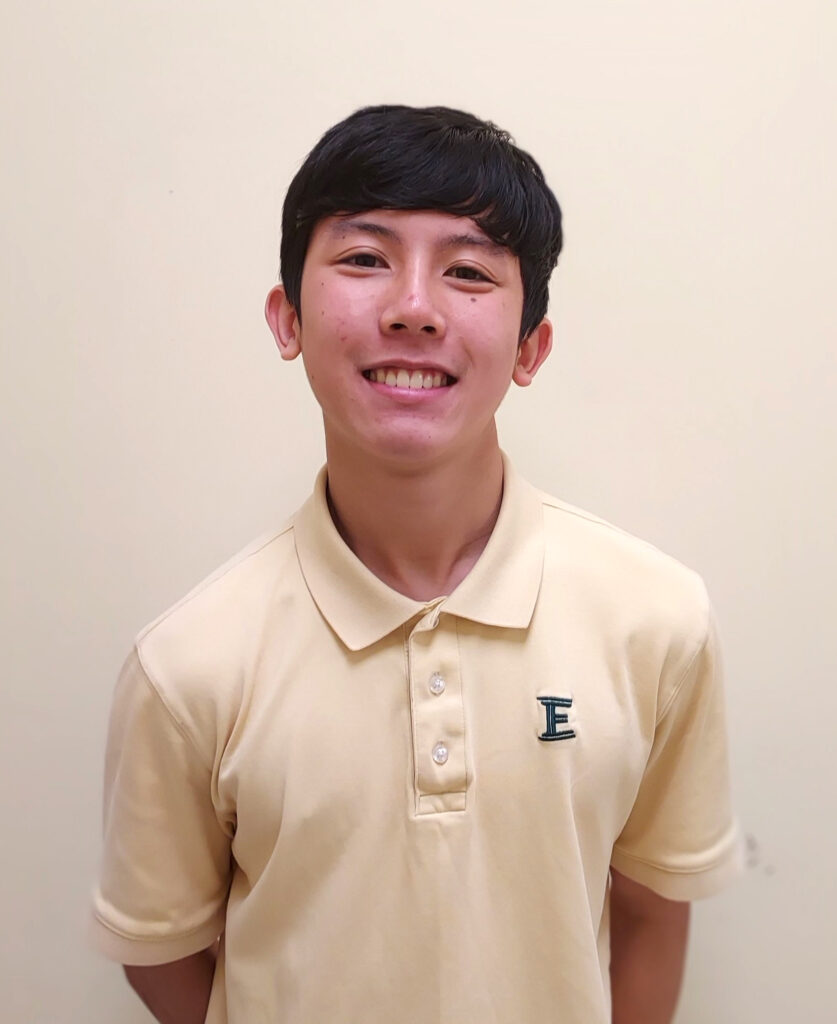Excelsior student Huy Trinh to attend the 2023 Session of the North Carolina Governor’s School.

From over 1,700 state-level nominees, his application exemplified the excellence the NC Governor’s School looks for in participants and they could not be more pleased that he applied for this opportunity. The NC Governor’s School is the oldest institution of its kind in the nation and has a proud tradition of excellence. They look forward to him joining the program and adding his own experience to this rich tradition.
Huy will be attending the June 18 – July 15 Session at the Governor’s School West at Winston-Salem State University. His Area I Discipline is Math. In addition to daily Area I discipline classes, he will attend Area II (philosophy/epistemology) and Area III (self and society) classes.
Congratulations, Huy!
More info about Governor’s School
Governor’s School enrolls approximately 800 students each summer, half each in programs previously housed at High Point University in High Point, and as of 2022 housed at Winston Salem State University in Winston Salem (known as Governor’s School West, or GSW) and at Meredith College in Raleigh (known as Governor’s School East, or GSE). Governor’s School is a program of the North Carolina Department of Public Instruction.[3]
Governor’s School serves students in public, private, and home schools. Most students are rising seniors in high school, though students from some arts areas may be rising juniors. Students who attend Governor’s School are nominated by their school or school system and selected on the basis of grades, test scores, an application essay and, for arts students, an audition. Students are accepted for a primary course of study, known as Area I, in which they will spend most of their class time. Area I disciplines include the following: academic areas of English, Spanish, French, mathematics, natural science and social science; artistic areas of art, choral music, dance, drama, and instrumental music. Each course emphasizes contemporary texts, compositions, artistic expressions, issues, and ideas in their respective disciplines. All students attend two additional areas of study outside of their primary area, and optional and required seminars and performances. Area II courses cover a variety of questions and ideas from the epistemological branch of philosophy. In Area III classes, students attempt to ground what they are learning in their Area I and II classes in their own personal experience.

